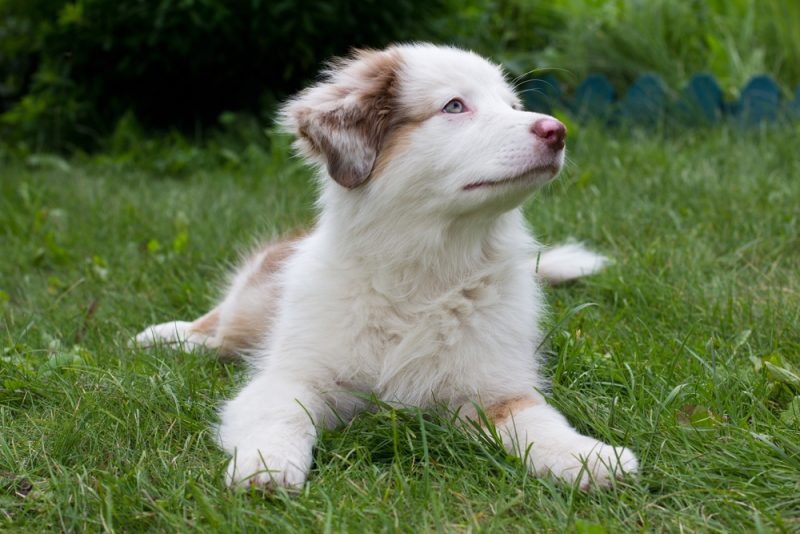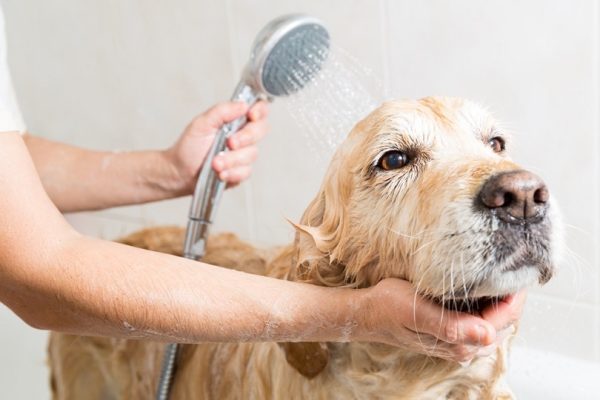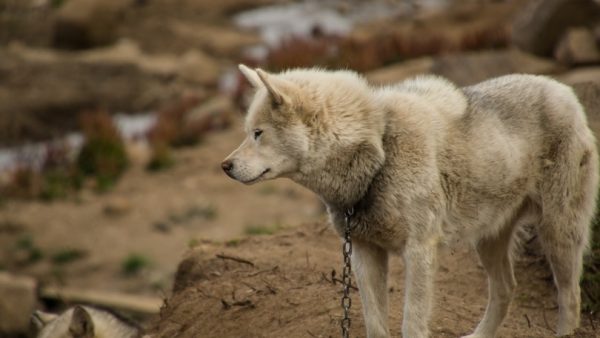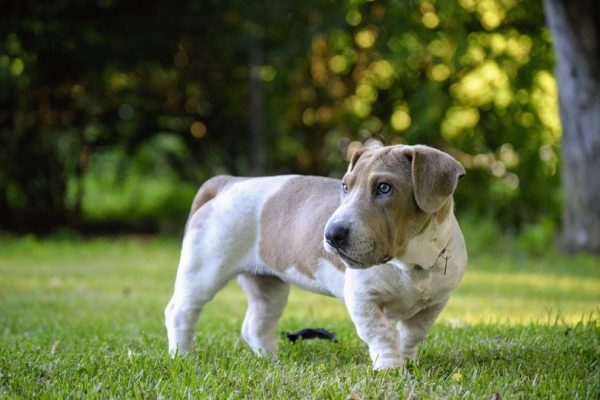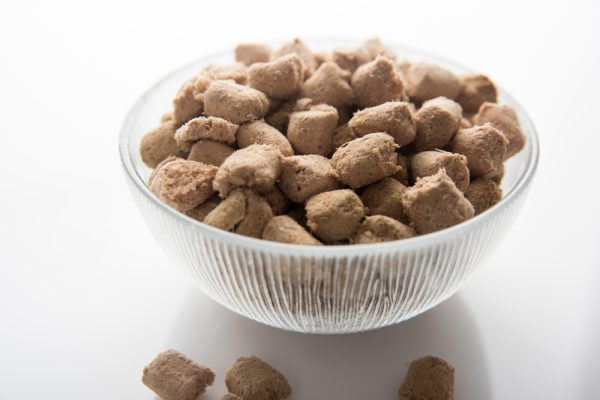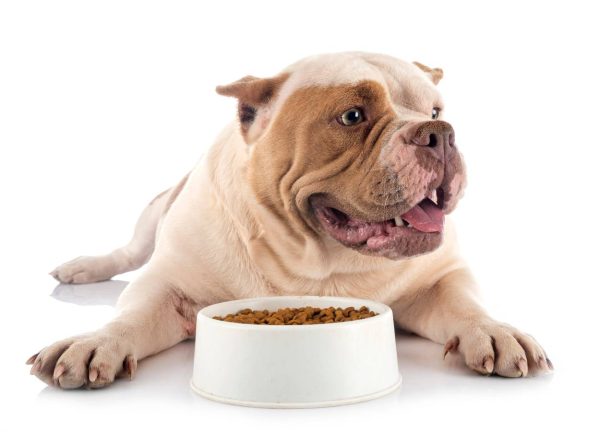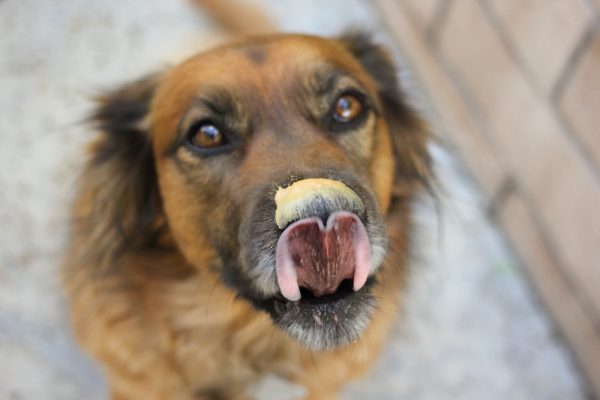In this article
View 3 More +Whether your dog has recently eaten a cockroach, it’s happened before, or you’re just wondering, this is a likely enough scenario that you should know the facts. Depending on your dog’s temperament and, of course, the environment, they may rarely chase bugs or may do it whenever one presents itself. So, can your dog eat roaches safely, or is it cause for concern?
Cockroaches are not toxic to dogs, but they can carry diseases and parasites, and it’s not recommended to let your dog eat these bugs.
In case your pet is in the habit of chowing down on these gnarly pests, we’ll go through some of the potential problems they can cause for your pup and signs to look out for.

The 5 Ways Roaches Can Harm Dogs
Even though cockroaches are not toxic to dogs if eaten, there are still ways that ingesting a roach can cause bodily harm to your dog. If any of the following occur, or even if you think they might have, you should seek immediate veterinary attention:
1. Physical Damage
First of all, as arthropods, cockroaches have a hard outer shell (exoskeleton) that protects their internal workings.
The roaches’ hard exterior makes them difficult for dogs to chew, swallow, and digest, which can lead to a stomach upset. The tough shell can also scrape and scratch the inside of their mouth and throat, causing sores, and possibly even leading to choking if a small dog swallows a large cockroach.

2. Allergies
It’s possible that your dog could react to cockroach allergens if eaten or in the environment, but little research has been done in this area. Allergies typically manifest as itchy skin signs, but if your dog suffers from food allergies, they can experience gastrointestinal signs like diarrhea.
3. Disease
Cockroaches are known for traveling through all kinds of nasty environments, spending time in and feeding on feces and decaying organic matter. Needless to say, they can easily carry all kinds of disease-causing microorganisms.
Roaches have been shown to carry over 30 different species of bacteria including salmonella, E.coli and staphylococcus.
If your dog eats a contaminated cockroach they may become unwell. Possible signs include diarrhea, vomiting, and lethargy, but it depends on the type of bacteria.
As always, if your dog shows any concerning signs, contact your vet for advice as soon as possible.
If you need to speak with a vet but can't get to one, head over to PangoVet. It's our online service where you can talk to a vet online and get the advice you need for your pet — all at an affordable price!
4. Parasites
Roaches often carry parasites, such as Physaloptera (stomach worm),and roundworm eggs, which can transfer to your pooch after ingestion.
Stomach worms attach to your dog’s stomach lining. Sometimes they are asymptomatic and don’t cause any signs, but they can lead to gastritis and vomiting.
Your vet can prescribe appropriate worming medications for your dog as preventative medications or treatment.
5. Poisoned Cockroaches
Poison is often employed by people to get rid of these pests, and it’s common for cockroaches to carry the poison on their bodies since many of these products are designed not to kill the cockroach on contact but rather be conveyed back to the nest to spread to other cockroaches.
Even if you haven’t set out poison, your neighbors may have, and, as we know, cockroaches can roam freely between homes.
Roach poison is toxic to dogs, as you’d imagine. Nonetheless, the dosage required to kill a cockroach is normally low enough not to cause serious illness in your dog. Having said that, adverse signs can occur, so it’s always best to contact your vet for advice if you are concerned that your dog may have eaten poisoned cockroaches and monitor them carefully. Digestive upset is most likely and can result in dehydration if not dealt with.
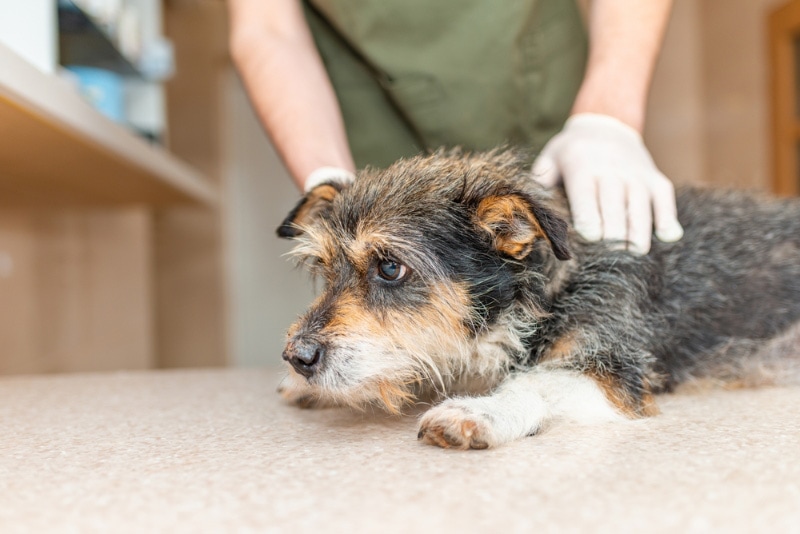

Why Does My Dog Eat Cockroaches?
The characteristic activity of a cockroach, scurrying about all over the place, can be a strong trigger for your dog to capture it. This prey drive can be quite strong in some dogs despite thousands of years of domestication.
What Should I Do If My Dog Eats a Cockroach?
If your dog has eaten a cockroach, there’s little to do, aside from monitoring your dog closely for signs. Sickness is likely to present itself within 1 to 24 hours after ingestion, most often as digestive upset, lack of appetite, lethargy, and maybe vomiting in extreme cases. If any concerning signs present themselves, you must contact a vet promptly. Also, if you are concerned your dog might have ingested poisoned cockroaches, it’s better to be on the safe side and speak to your vet for advice straight away.
While they may not need specific treatment, it’s important to get your dog checked and monitored. The vet may want you to keep your dog hydrated to recover from any fluid loss through diarrhea or vomiting. They may also want to administer a worming medication.
Cockroach Facts
- Some common varieties of cockroach are German, American, Brown-Banded, and Oriental.
- Cockroaches have existed on Earth for more than 280 million years.
- Roaches can survive without food for a month or longer, although they will expire in a week without water.
- They are hatched as perfect miniatures of their adult forms and shed their exoskeletons as they grow.
- One female will lay hundreds of eggs over her lifetime, with an average output reaching 30 a month, making it easy to populate a location in a short time.
- Cockroaches submerged underwater can still live for half an hour.
- They don’t need their heads to live, and decapitated cockroaches will only die after about a week from not being able to drink.
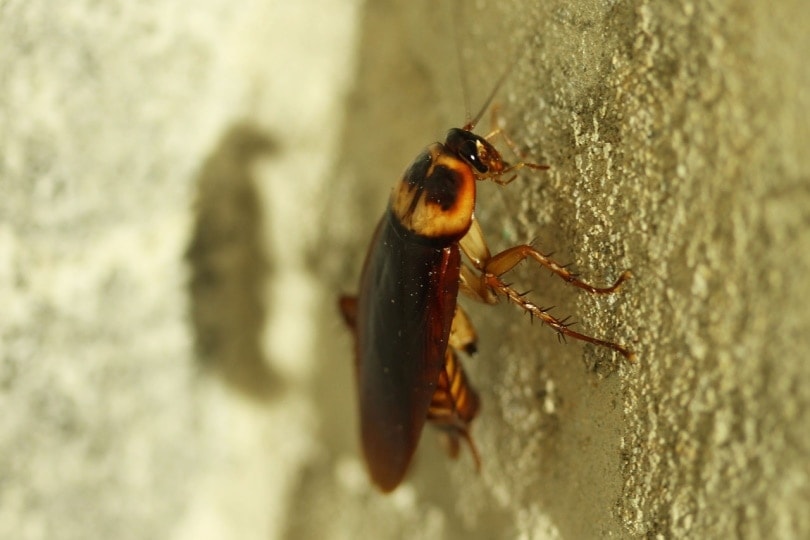

Conclusion
It’s unlikely that your dog will be harmed by eating a cockroach or two, but it’s not recommended to let your dog crunch on these bugs. While the risks associated with eating them are small, cockroaches can pass on bacteria, and parasites, or lead to an upset tummy.
Still, if you have noticed your dog scarfing down a cockroach, it’s important to keep your eye on them and be vigilant and ready to seek help from your vet right away in the event of any signs of illness.
Featured Image Credit: S. Narongrit99



